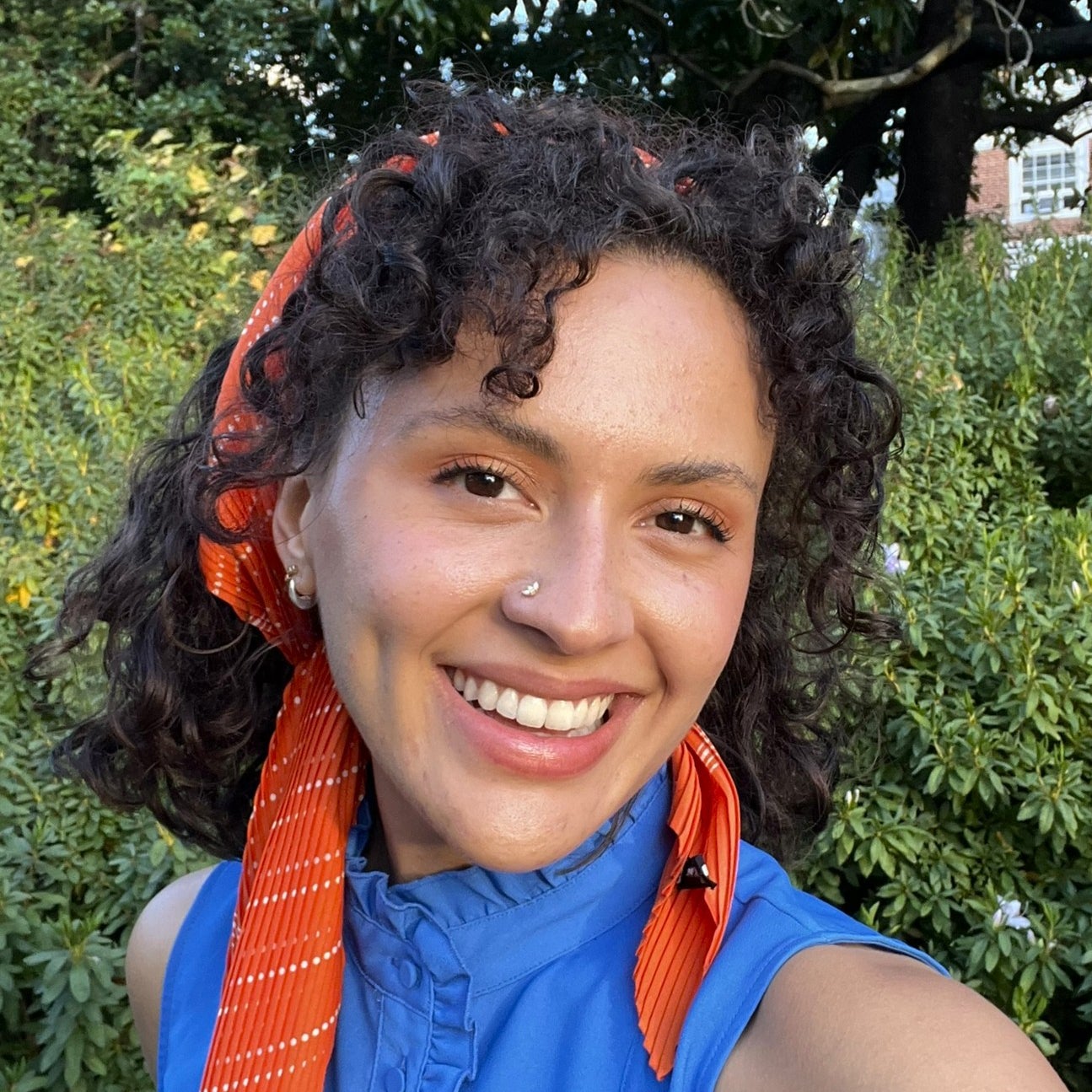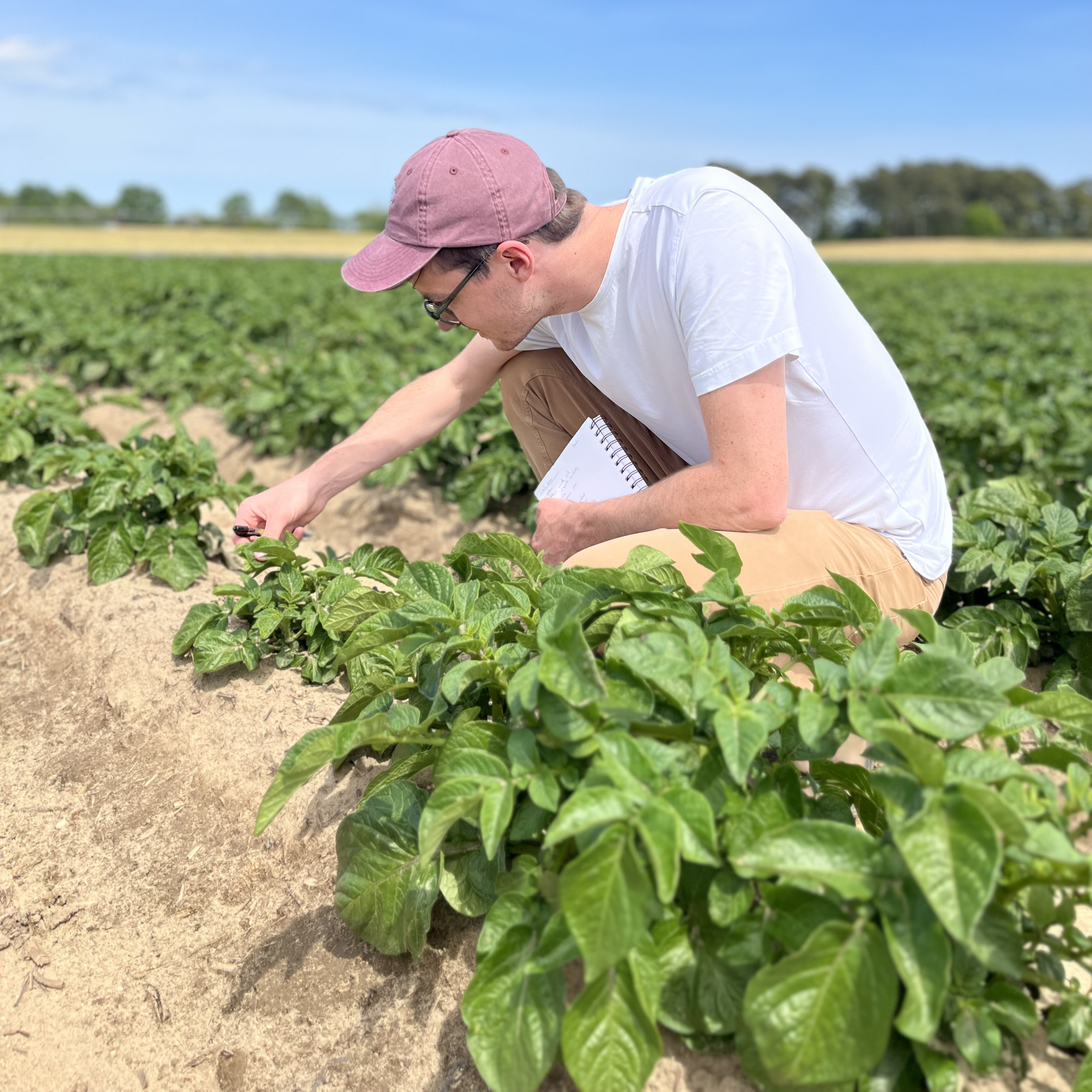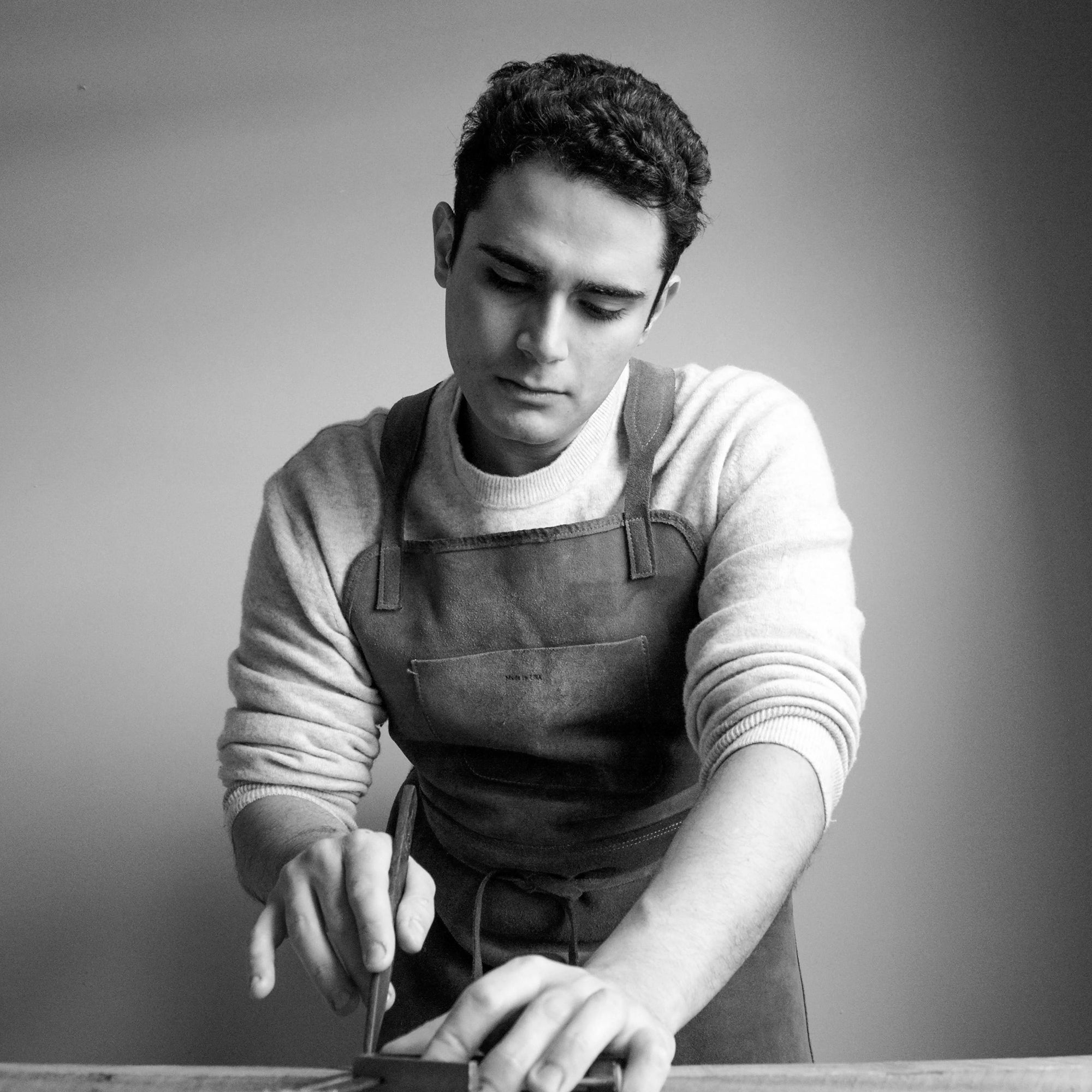
RECAP: NEXT NEW YORK BOOK TALK
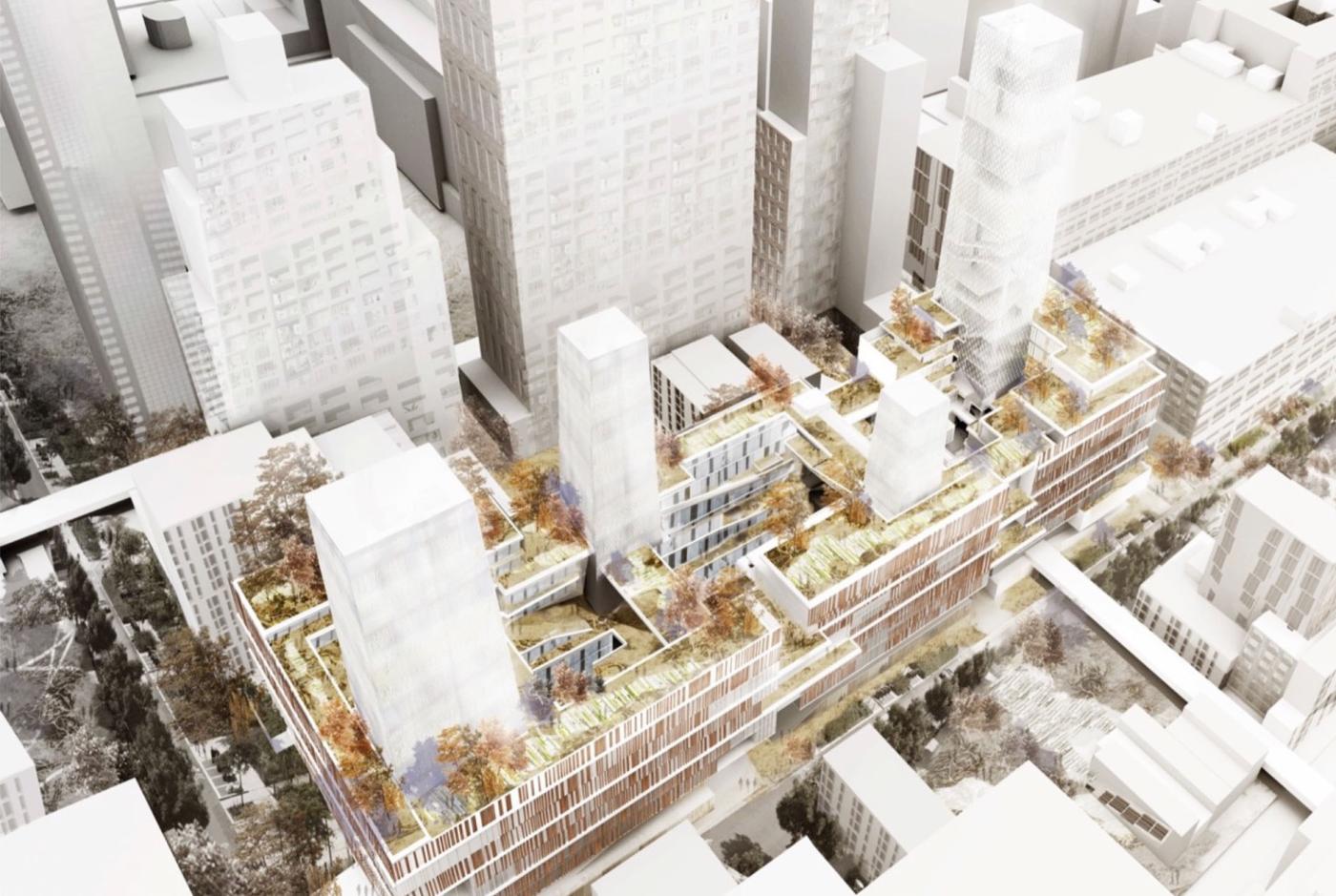
In late September 2023, co-editors Associate Professors Mona El Khafif and Seth McDowell presented the context and content of Next New York, the third publication of the Next Cities Institute Book Series, a publication series that takes on critical global urban and architectural issues. The book talk, hosted at FXCollaborative in Brooklyn, New York, introduced the publication to students, faculty, alumni and friends of the School, while celebrating its contributions to advancing urban and regional transformation.
The talk was introduced and moderated by Ila Berman, Elwood R. Quesada Professor in Architecture, and director of the Next Cities Institute at UVA, a design-based research initiative that addresses complex urban challenges — such as climate change and environmental issues, shifting socioeconomic dynamics resulting from globalization and migrations, and, and the transformation of technologies from the industrial to the informational — that are fundamentally reshaping contemporary cities and that require new ways to intervene as researchers, educators, and designers.
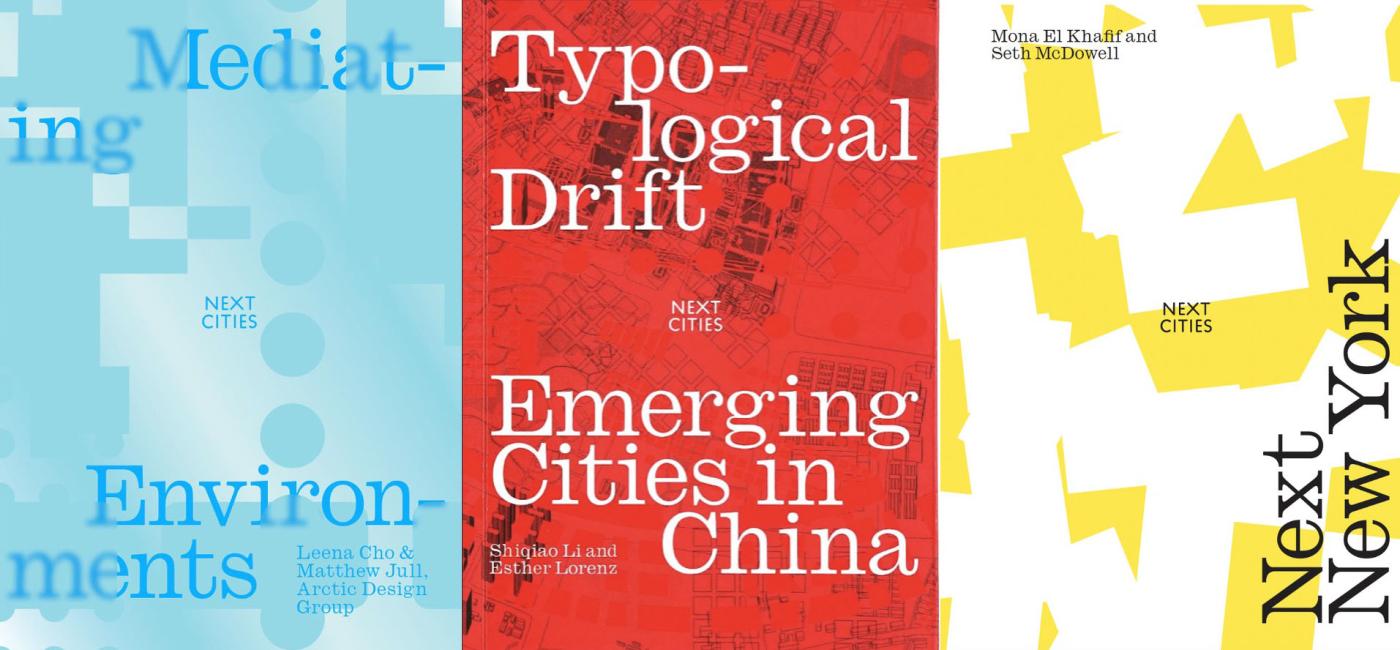
Berman started off by introducing the first two titles in the book series — Mediating Environments and Typological Drift. In Mediating Environments co-editors Associate Professors Leena Cho and Matthew Jull, directors of the Arctic Design Group, examined urbanism, architecture and landscape in a territory of over 5.5 million square miles stretched across 8 nations, that is one of the most environmentally threatened regions of the earth. Authors Professor Shiqiao Li and Associate Professor Esther Lorenz, co-founders of the Asian Urbanism Collaborative, focused on the emerging urbanism of China in Typological Drift — foregrounding critical differences between Indo-European and Asiatic cultures in the making of Chinese cities, home to a population of more than 800 million.
Closer to home, Berman then introduced the third book, Next New York which documents the legacy of the longstanding graduate New York City studio held at the School of Architecture, which is now in its eighth year. Together the faculty and students use the city of New York and the studio curriculum as a laboratory to take on topics and sites critical to the city — from rethinking Hudson Yards to infrastructural hybrids at Broadway Junction — and use these as platforms for research and design speculation.
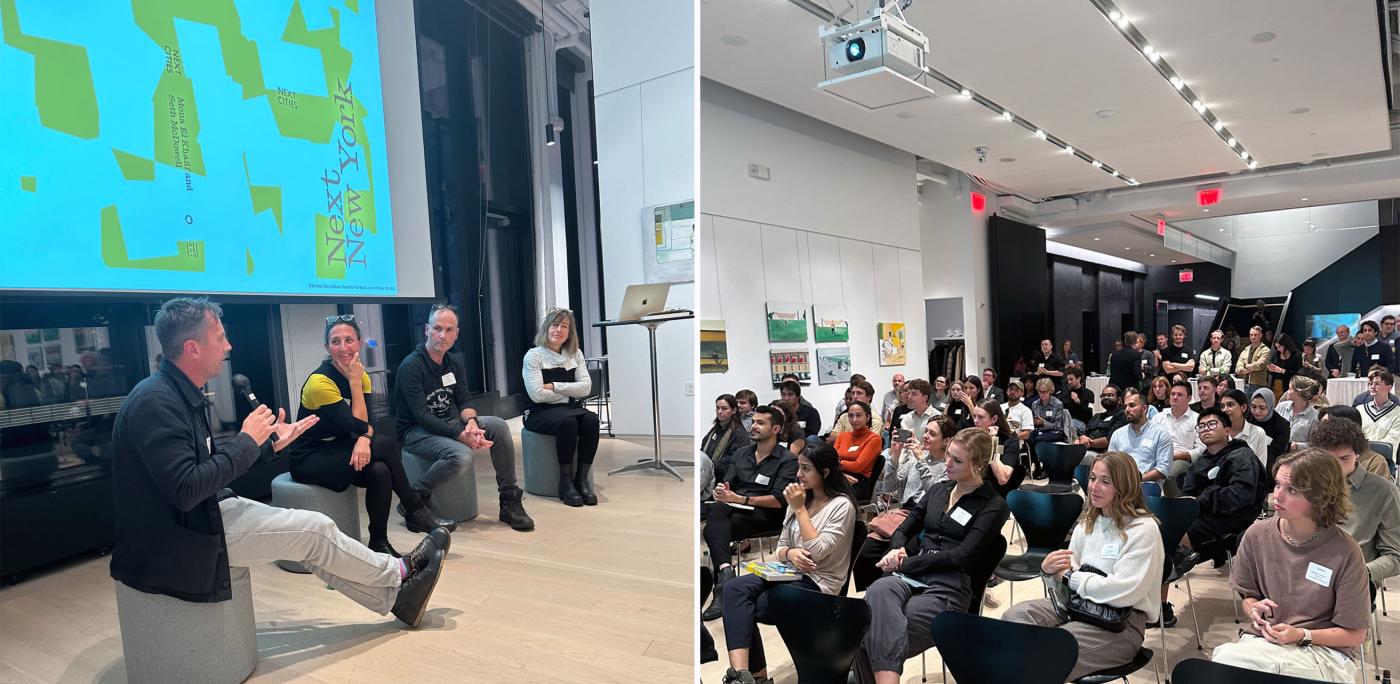
El Khafif and McDowell summarized the book’s organizational structure which considers the conceptual prompt of understanding the “city as a verb”— an ongoing, and continually evolving project — through specific actions: sharing, connecting, and partnering. The publication presents the need for new urban and architectural models that allow for an open city to balance gentrification, and to address a lack of public spaces, social infrastructure, and affordable housing.
The publication proactively focuses on the opportunities that exist at the intersection of pedagogy, research, and design. It does so by the crafting of its content that brings together essays from leading scholars and expert practitioners, setting up powerful complements between theory and applied projects. These written contributions are supported by over 35 design projects from the first four New York City graduate studios, that manifest future ideas for the city.
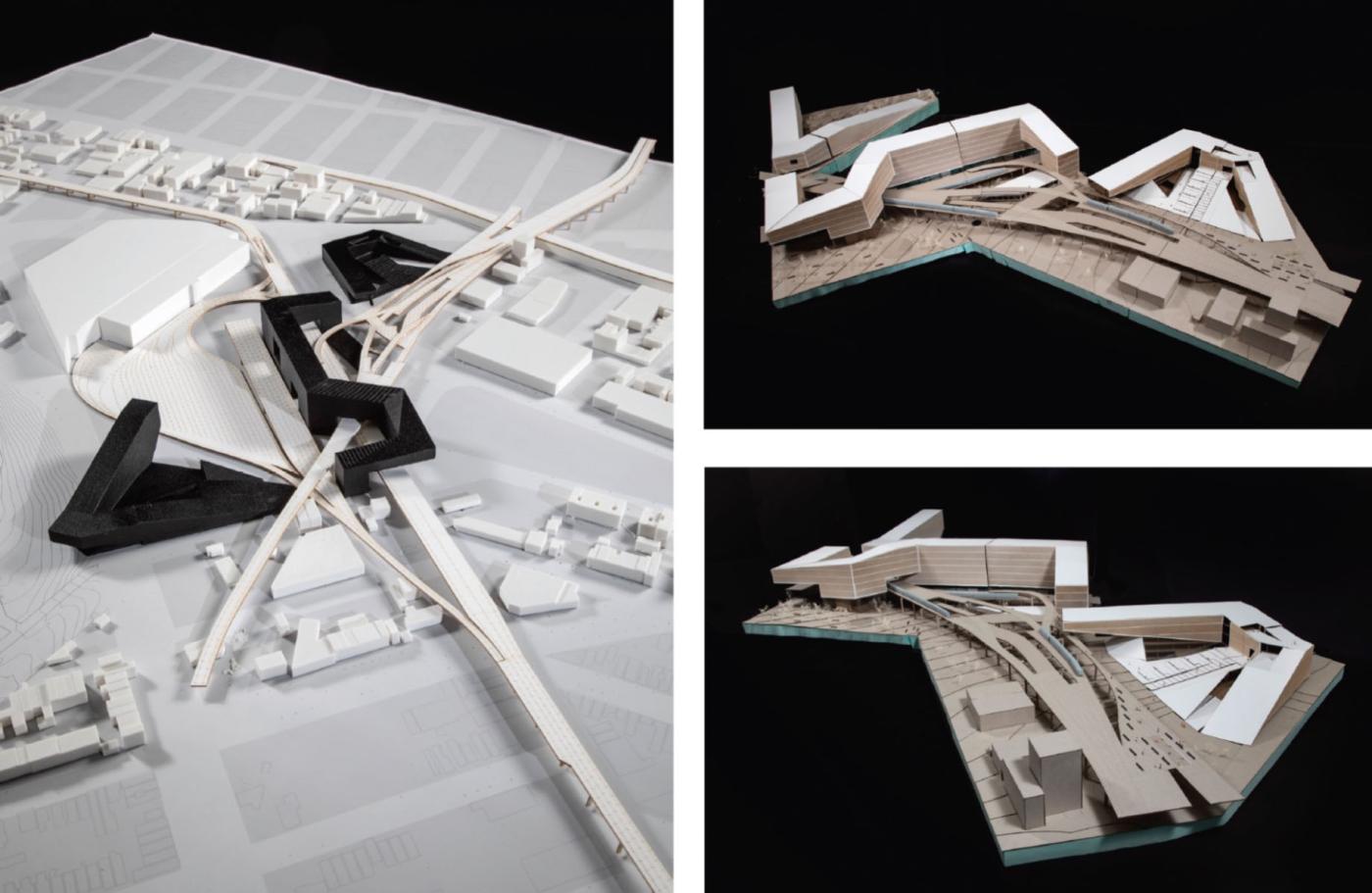
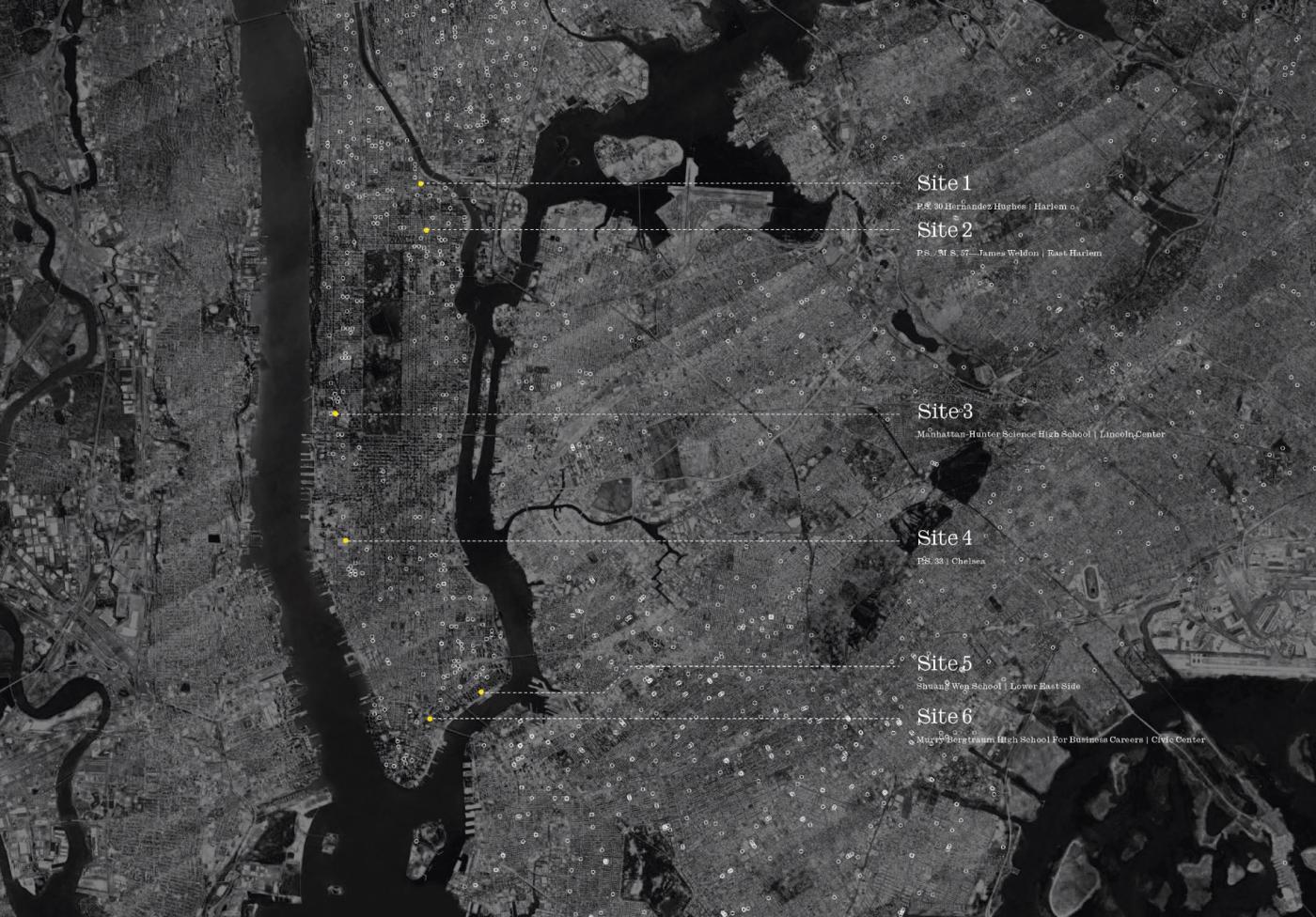
In reflecting on the arc of the New York City graduate studios at UVA over 8 years, Berman also shared the range of topics and the underlying consistent issues that remain critical to each. Sites have ranged from Hudson Yards, Broadway Junction, Manhattanville, and Roosevelt Island, addressing infrastructure, healthcare, deindustrialization, and education. Common to every studio across nearly a decade of investigation is taking on issues of housing and public/private partnerships. These enduring questions allow students to address what constitutes public space in the city, to learn about the economics behind public and private development, and to consider new models for collective urban living and cohabitation.
Another enduring aspect of the New York City graduate studio is the added value provided by taking on real projects. Students learn from a wide network of people beyond the boundaries of the academic institution — expert design professionals, city officials and planners, developers, and community organizers — many of whom are UVA alumni. This invaluable learning experience shapes not only how the studios are defined, but gives students access to a wider range of expertise and perspectives on the complex making of the city.
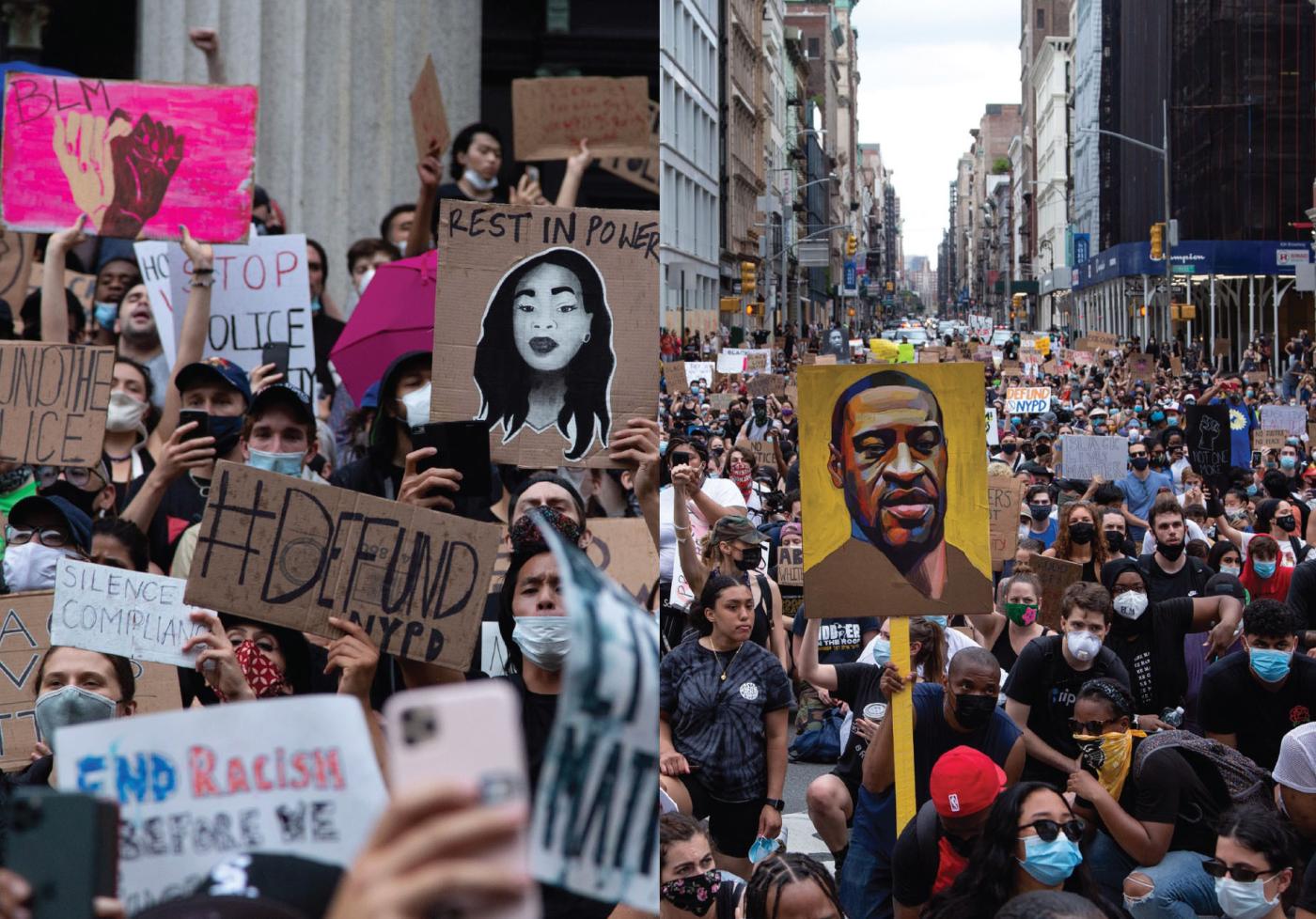
As part of the book talk Berman also looked ahead, perhaps to the next iteration of the publication, introducing the audience to this year’s studio topic: hybridized forms of living and working at the Brooklyn Navy Yards, where there is 300 acres of underused, industrial land that offers an opportunity to provide new forms of housing and 30,000 jobs focused on creative manufacturing. As students currently develop research and design proposals for this site, their work is part of larger trajectory presented by this ongoing studio and its artifacts, such as the Next New York book.
“For the students, the studio is a moment in time — the work goes up and comes down, yet they are gleaning information and wisdom from years of [working in New York], and they are actively contributing to this knowledge,” said Berman. “This work is an analog to the way the city develops. The city is always regenerating itself, over time. The beauty of the book, as an archive, is that it marks larger research trajectory — every studio brings new questions, and each builds upon the other.”
Special thanks to Managing Partner Guy Geier (BSArch '76, MArch '78) and Senior Partner Sylvia Smith (MArch '79) and everyone at FXCollaborative for hosting this event and our students, faculty, alumni and friends.

